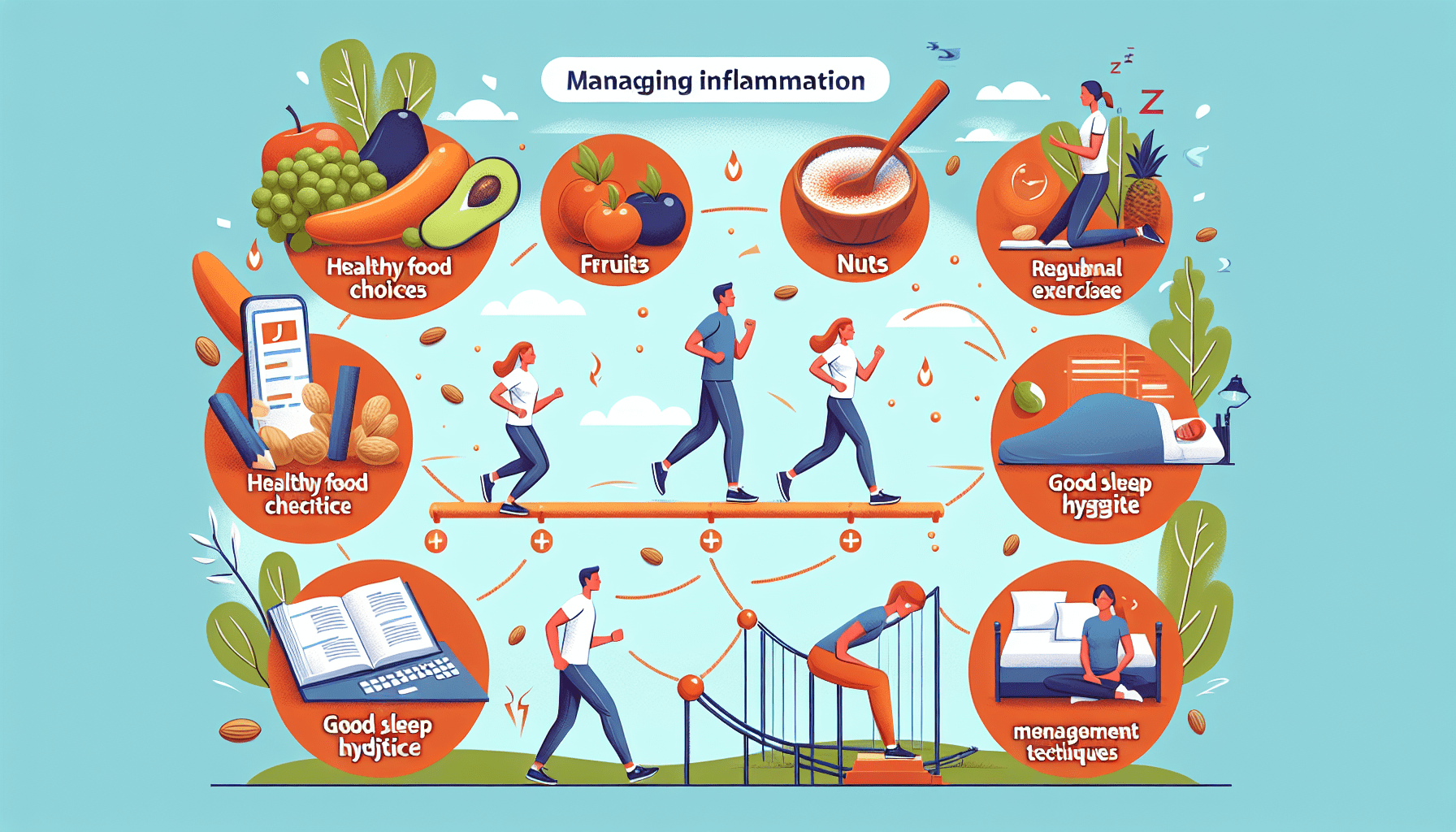
Managing Chronic Inflammation in Psoriasis for Better Remission Chances
Psoriasis, a chronic autoimmune condition, is characterized by the rapid growth of skin cells leading to thick, red, scaly patches that can cause discomfort and irritation. Although a cure remains elusive, individuals living with psoriasis can adopt certain habits to mitigate inflammation and enhance the likelihood of remission. This article explores proactive strategies for managing chronic inflammation associated with psoriasis.
**Moisturising the Skin**
A cornerstone of psoriasis management, regular moisturising can prevent dry skin and reduce itching and irritation. Patients are advised to use fragrance-free lotions and to apply moisturiser shortly after bathing to lock in moisture.
**Stress Reduction Techniques**
Chronic stress is a known exacerbating factor for psoriasis. Patients can benefit from stress-reduction practices such as mindfulness meditation, yoga, or tai chi. These calming activities can lower stress-related inflammation and potentially diminish flare-ups.
**Following a Balanced Diet**
Nutrition plays a key role in mitigating inflammation. A diet rich in omega-3 fatty acids, fruits, vegetables, lean proteins, and whole grains while low in refined sugars and saturated fats may help manage psoriasis symptoms. Meanwhile, alcohol moderation is equally vital, as excessive consumption may worsen the condition.
**Regular Exercise**
Engaging in regular physical activity is beneficial for overall health and can aid in controlling weight. Obesity is a risk factor for psoriasis severity, so maintaining a healthy weight through exercise may reduce the extent of skin lesions.
**Medical Management**
Working closely with a dermatologist to find an effective treatment plan is essential. Topical treatments, systemic medications, and phototherapy are common modalities which, when used appropriately, can reduce the autoimmune response and manage skin inflammation.
**Avoiding Triggers**
Lastly, identifying and avoiding individual triggers is crucial. Triggers can include certain medications, infections, or skin injuries. Understanding and steering clear of these can help maintain skin stability.
Implementing these lifestyle habits may not be a panacea for psoriasis, but they offer a framework for living with reduced inflammation and enhance the chances of experiencing longer periods of remission. Patients should always consult with their healthcare provider for personalised advice and adjustments to their management plan.





